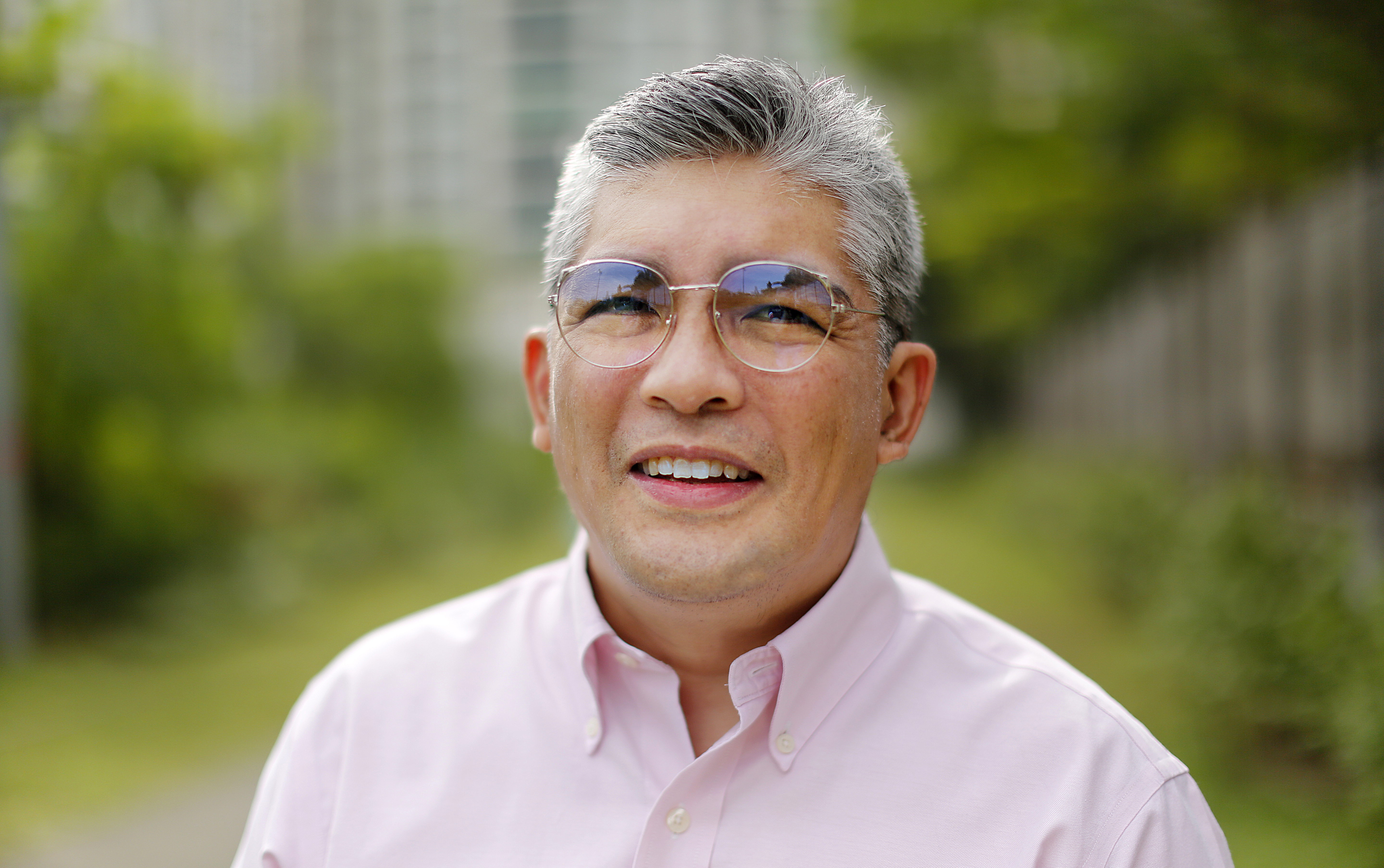OFF THE BEATEN PATH

Elections are, for all its complexity, a straightforward competition mechanism. Theoretically, the process acts as both a reward and punishment device that can control politicians’ conduct. The 1987 Philippine constitution and the Omnibus Election Code nowhere identify wealth as a requirement for public office. Yet, the Philippine experience poses a rhetorical question: without significant financial backing, can the average Filipino even entertain the idea of winning? In practice, the electorate is left bound by the policy directions – or lack thereof – set by those who emerge victorious in the first-past-the-post system.
The enduring influence of wealth in politics is clear. One need not imagine a time when a statute was enacted, enabling only rich people to participate in what are supposed to be decisive expressions of a democratic and republican state. Republic Act No. 4421, effective June 19, 1965, imposed property qualifications to aspirants in the form of a bond equal to a year’s salary of the office for which the individual will run. In less than three months, our Supreme Court in the case of Maquera v. Borra (G.R. No. L-24761, Sept. 7, 1965) had the occasion – and rightfully so – to declare such law as unconstitutional.
Article 13 of Republic Act No. 7166 sets the current allowable upper limit on the expenses of candidates and political parties for election campaign. The recent case of Marquez v. Comelec (G.R. No. 244274, Sept. 3, 2019) consistent with the principles of the Court’s earlier rulings held that the law does not make a financial requirement for those seeking to run for public office, such that failure to prove capacity to meet the allowable expense limits would constitute ground to declare one a nuisance candidate. I have no reservations on the inexistence of lower limits precisely for purposes of democratizing the privilege to be voted upon. I take issue with the existing upper limits as the law, enacted in 1991, no longer reflects the modern realities of campaigning.
In the intervening decades, the cost of living, media landscape, and strategies have all undergone significant transformations. As a logical consequence and given the resilience of patronage politics where wealthy patrons dispense goods and services to undiscerning and ultimately dependent clients for the latter’s loyalty, some aspirants are compelled to submit untruthful reports. The unrealistic ceiling fuels the propensity to circumvent the law by not declaring excessive donations and campaign expenditures. Another set of problems arising from this impasse could also be identified by shifts in the campaign strategies with the advent of social media.
As of this writing, Senate Bill No. 2460 increasing the authorized campaign expenses of candidates and political parties is consolidated in the Committee Report. On the part of the House of Representatives, House Bill No. 8370 proposing to amend portions of R.A. No. 7166 has been approved on third and final reading. To ensure regular adjustments based on inflation and consumer price index, both documents mandate consultation with the Bangko Sentral ng Pilipinas (BSP), the National Economic and Development Authority (NEDA), and the Philippine Statistics Authority (PSA).
Mitigating the negative influence of opaque campaign financing has been a central objective of recent electoral reforms. The creation of a dedicated Campaign Finance Unit (CFU) by the Commission on Elections (Comelec) in 2012 exemplifies this commitment as complemented by a free press and active civil society organizations that offer valuable analyses and recommendations.
Unchecked campaign spending breeds cynicism, not just among voters, but also among potential candidates with genuine ideas and limited resources. If public office is not a commodity, then we must ensure a future where aspiring leaders are not discouraged by the financial barriers to entry. By advocating for reform, #TogetherWe pave the way for a more diverse and qualified pool of candidates, ultimately strengthening our democracy for generations to come. Choose your leader based on the ability to serve, not the propensity to spend.
(Atty. Gregorio “Goyo” Larrazabal is a former Comelec commissioner. He is a pioneer of automated elections being a member of the Commission that successfully modernized Philippine elections in 2010. He remains deeply involved in public service as an election lawyer. Email: [email protected])